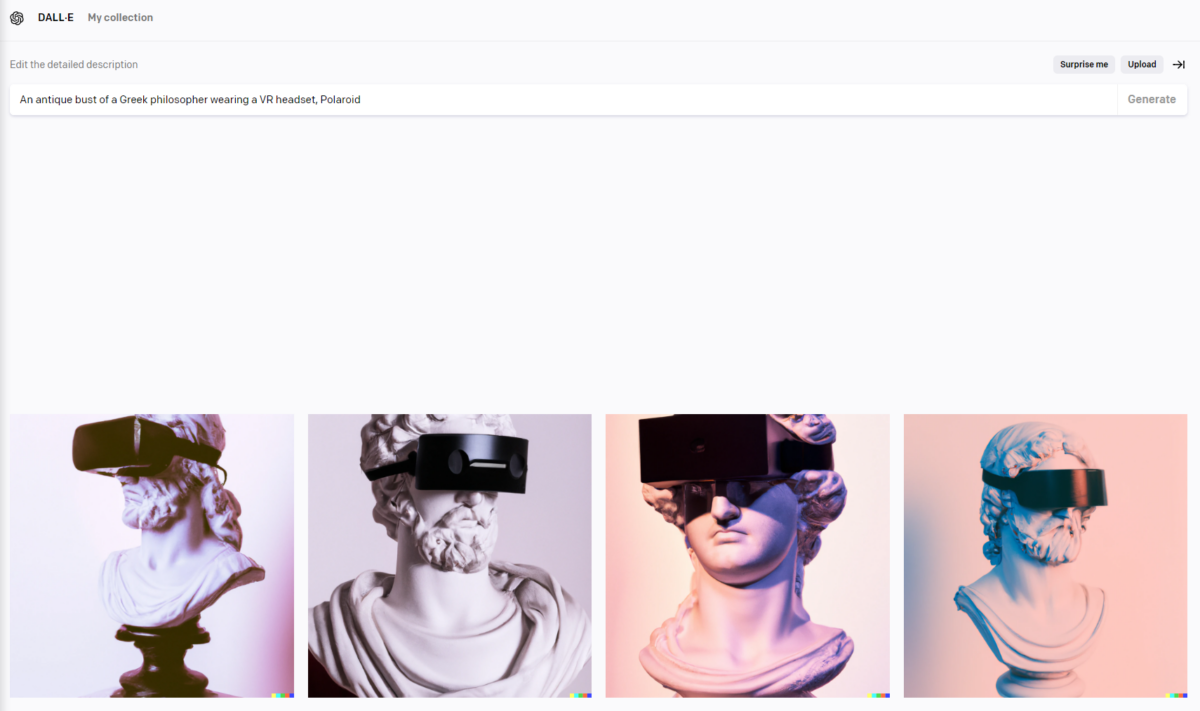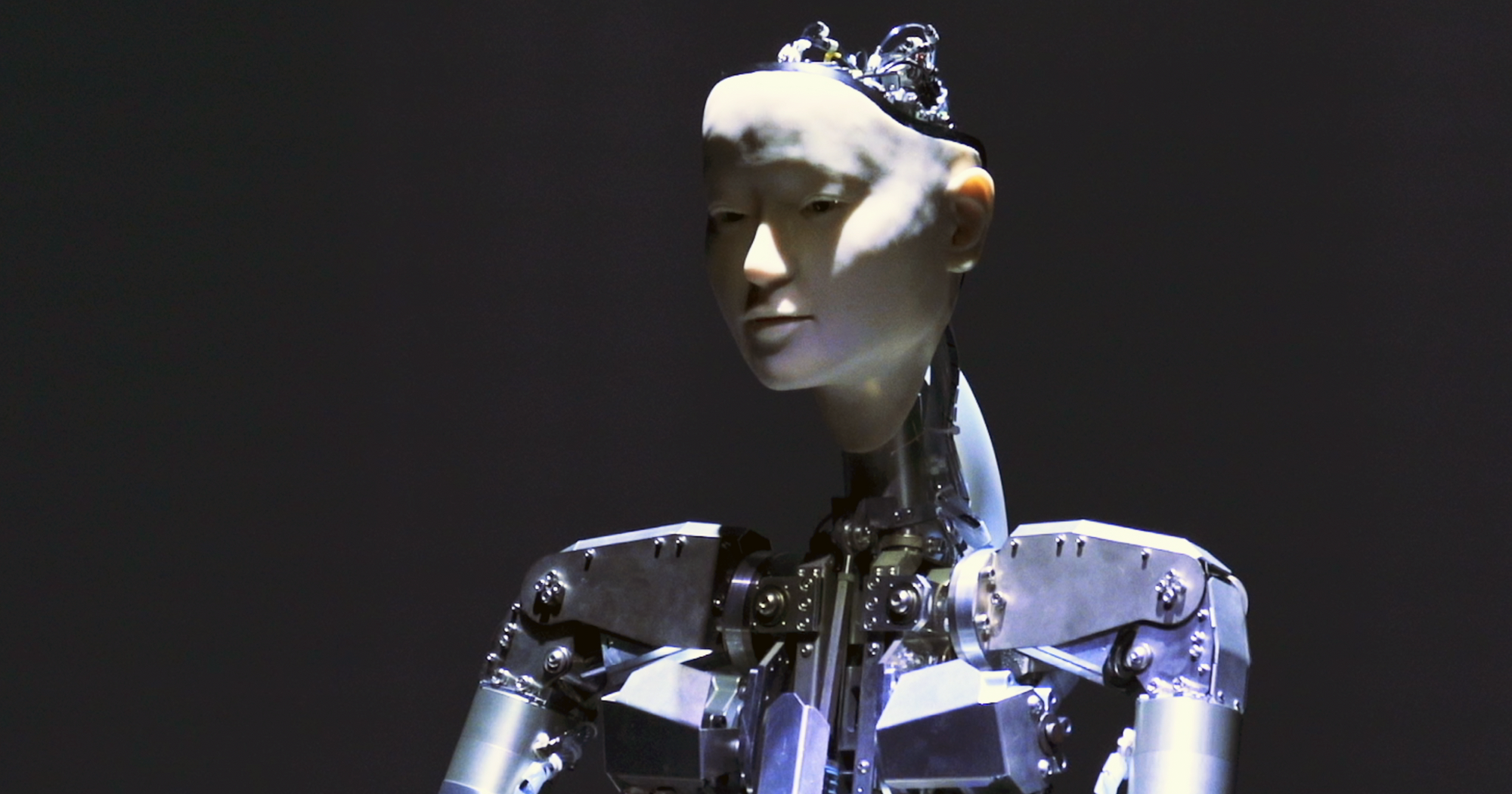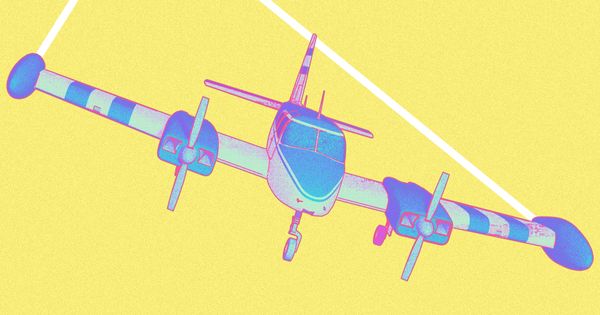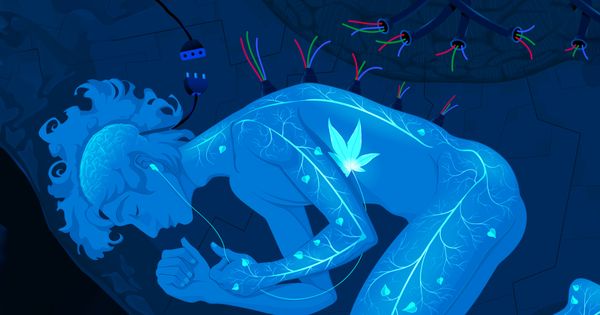Many people have a wide range of conflicting opinions regarding the future of artificial intelligence. Some believe that AI will usher in a new age of technological innovation and abundance. Others fear that AI could become an existential threat to humanity.
Others, like Elon Musk, are calling for regulation on AI development. They believe its untamed growth could lead to problems in the future, like autonomous weapons or a rogue AI system.
However, many scholars and researchers claim otherwise. They argue that we need to regulate the use of AI, but not its development.
There is no denying the fact that Artificial Intelligence is the future. It has been forecasted to be a trillion-dollar industry. So, what can we expect from this new technology in the next few years?
The article will break down some of the significant changes we can expect to see in the world of AI and give you a better idea of how they might affect our lives both personally and professionally.
What are some ways that Artificial Intelligence may help humanity?
There are many ways in which AI is already helping humanity. Many of these are within the medical field, for example, with the help of AI more accurate diagnoses can be made. This is because algorithms do not get tired, making them more reliable than human doctors.
The future of AI is not all doom and gloom.
There are many ways this technology will be able to help people. Already, artificial intelligence is being used to diagnose cancer better than doctors because it sees more images in a shorter amount of time. Technology has also been used to provide emergency assistance during natural disasters like earthquakes and hurricanes by identifying hazards faster than humans who would have trouble getting access to the area due to the disaster itself.
Also refer: Is AI paving the way to doctorless diagnosis?
Will AI Turn Against Humanity?
The fear of AI turning against humanity is not a new one. The topic has been a constant fixture in science fiction novels and movies. But in recent years, this fear has moved from being a hypothetical to a real concern.
In 2017, for example, Elon Musk called Artificial Intelligence “our greatest existential threat” citing that there was nothing to stop it from eventually becoming more intelligent than humans and thus overpowering us. He even signed up with other technology leaders to form OpenAI - an organization dedicated to creating safe AI tools.
It seems like the future of AI is still uncertain. For instance, many people are worried that AI might turn against humanity and take over the world. This is because some countries such as Russia and China seem to be giving more attention to investing in artificial intelligence than other countries such as the United States.
Some of these risks that we may face with AI include security and privacy.
Some organizations have set up a committee to discuss the potential threats artificial intelligence might cause in the future.
Should we fear the future with AI?
First, let’s understand, what type of AI are experts feared of?
- Artificial Super Intelligence: AI that can outsmart humans in every way.
- Unfriendly AI: AI that seeks to harm humanity.
- Narrow Intelligence: AI is better at one task than humans.
The first type of artificial intelligence can pose an imminent threat to humanity's existence. The second type of artificial intelligence poses an existential risk, which is a risk of permanent annihilation or the permanent incapacitation of our civilization if it were achieved. The third type of artificial intelligence only poses a short-term risk to humanity if it is more intelligent than humans in some capabilities, but not in others
As the debate around AI's safety continues, it will be interesting to see how machine learning technologies evolve and what the future could hold for humanity.
AI is Coming for Your Next Job
The most common thing I hear people say about AI is "I don't think it will replace human jobs."
But my response is, "It's already happening!"

A lot of people don't realize what the future of AI looks like because they're not in the know about the types of jobs that are being lost to AI.
With advancements in AI, it is predicted that a whopping 47% of jobs will be at risk in the next ten years. This will affect a variety of fields such as transportation, bookkeeping, and customer service.
Automation is a term used to describe any process that can be done automatically by machines. And with the rise of artificial intelligence, automation has become an important topic of discussion. For many people, job loss is a terrifying prospect. But for others, it can be an exciting opportunity to explore new careers and skills.
Can AI be Dangerous? How to Handle this Technology?
Some people are not happy about the idea of AI taking over jobs. They fear that AI will eventually replace human beings in all professions. And they are right to some extent.
In conclusion, the future of AI and artificial intelligence is both impressive and scary. AI has been a huge step forward in technology as it is now being used in almost every industry. With the introduction of AI into society, we have experienced a lot of benefits - for example, it has helped make our lives easier by automating many tasks. On the other hand, there are also some drawbacks to this technology as it is now being mixed with real life. For example, there are a lot of jobs that will be replaced with machines because they can do them better than humans can.
The world is changing and we can't do anything but keep an open mind to the benefits of this technology. Though it's still unclear how these changes will affect human and machine intelligence, there will certainly be more opportunities for growth and development.






